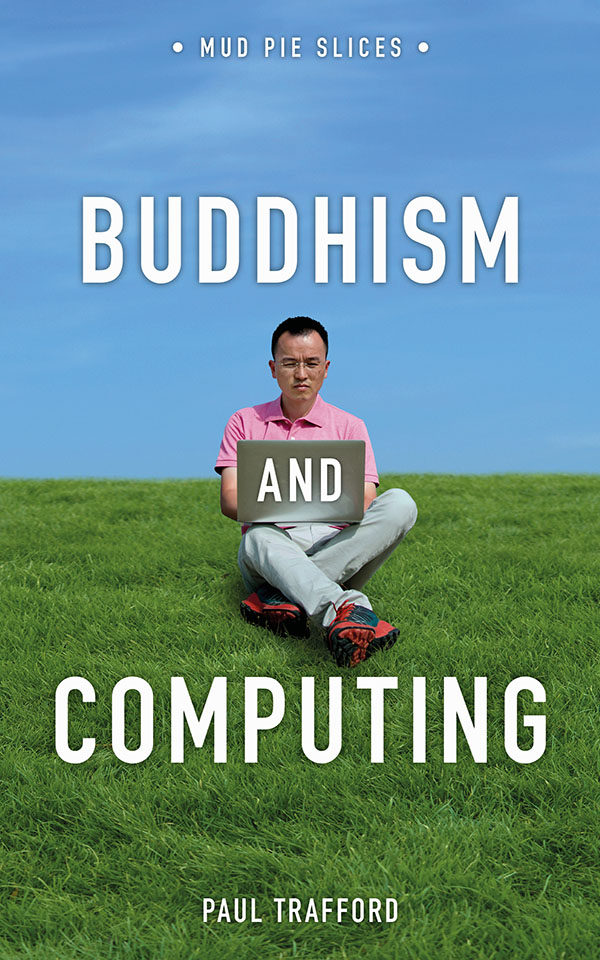
How can we design technology in the way that is of most benefit to humanity in the long-term? Especially in terms of human agency? What to make of Artificial Intelligence? What is the nature of the human mind and can machines think in the same way? What criteria might be appropriate to evaluate AI? Where should we look for wise guidance?
Buddhism and Computing: How to Flourish in the Age of Algorithms, published by Mud Pie Books (2021), marks the culmination of investigations spanning more than a decade, focused on these kinds of questions. It encapsulates many of the ideas explored on this site. The enquiries have been primarily from the perspective of Buddhist ethics, but are substantially interdisciplinary, brought together in a way that I hope will foster much-needed dialogue involving everyone.
I very much welcome feedback – comments, reviews, emails, etc. Please spread the word!
Table of Contents
Chapters
Prologue
- Numbers and Computation
- Buddhist Ethics
- Computers and Intelligence
- Modelling Mind and Processes
- Designing Sustainable Social Networks
- Ensuring Online Safety
- Are We Here Yet?
Epilogue
Notes
Acknowledgements
About the Author
Introductory Articles
I’m pleased to have shared a taste of the book in an introductory piece in the Daily Alternative, in which I try to bring attention to essential needs and from that basis assess technology. I’m also grateful for the publication of an article, Designing Software for the Present Moment, inspired by the late Ninian Smart, which seeks to broaden engagement. This appeared in Inter-religious Insight, the journal of the World Congress of Faiths, vol. 19, no. 1, pp. 65–67, 2021
Tags
agency, artificial intelligence, Buddhism, choice, computing, ethics, mind, publications, research
This page was published on 25 September 2022 and last updated on September 25, 2022.